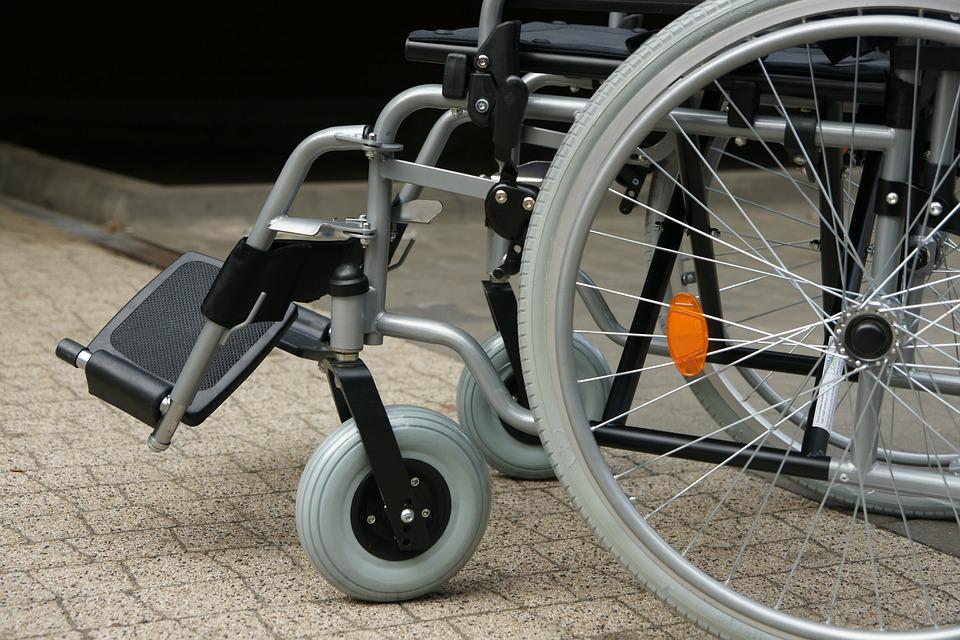
13 Sep I already get Social Security. Can I collect my ex’s benefits?
Photo: pixabay.comQ. I am receiving Social Security benefits. I was married 16 years and then I divorced. My ex died, but I’m not receiving widow’s benefits. What should I do?
— Looking for more
A. Social Security benefits can be very complicated.
Here’s what to consider.
Generally, you can receive survivors benefits based on a deceased ex-spouse’s work record if your marriage to that person lasted 10 years or more, said Brian Schiess, a certified financial planner with Modera Wealth Management in Westwood.
You can begin receiving reduced survivor benefits at age 60 or older, or age 50 or older if you are disabled, he said.
Schiess said if you were not already receiving spousal benefits while your ex-spouse was still living, you will need to contact Social Security to notify them of your ex-spouse’s passing and apply for survivors benefits.
You should contact Social Security at 1-800-772-1213 because you cannot apply for survivor’s benefits online.
However, Schiess said, those who are already receiving spousal benefits based on a spouse’s or ex-spouse’s work record will automatically have their spousal benefit converted to survivors benefits.
There are a few other unique rules and circumstances should be aware of, Schiess said.
“If you are already receiving your own retirement benefits, you can only apply for survivors benefits if the retirement benefit you are already receiving is less than the benefit you would receive as a survivor,” he said.
Also, if you were remarried before age 60, or before age 50 if you are disabled, you will not be eligible to receive survivors benefits based on your ex-spouse while you are married to your current spouse, he said.
“If you begin receiving benefits as a surviving divorced spouse, that will not affect the benefit amount that other survivors will receive. For example, your ex-spouse’s widow/widower if they remarried,” he said.
“If you are currently married, you may consider applying for spousal benefits on your current spouse’s record,” he said. “If that amount is more than the survivor’s benefit attributable to your ex-spouse, you will receive a combination of both benefit types that equals the higher amount.”
Schiess said if you are eligible for your own retirement benefit and a survivors benefit, in many cases, you can begin receiving one type of benefit while letting the other benefit increase until you switch to that benefit at a later date.
For example, someone could begin receiving reduced survivors benefits at age 60 and then switch to their own larger retirement benefit at age 70. Keep in mind that retirement benefits continue increasing as a result of delayed retirement credits, but only until age 70, he said.
Email your questions to Ask@NJMoneyHelp.com.
This story was originally published on Sept. 13, 2022.
NJMoneyHelp.com presents certain general financial planning principles and advice, but should never be viewed as a substitute for obtaining advice from a personal professional advisor who understands your unique individual circumstances.

